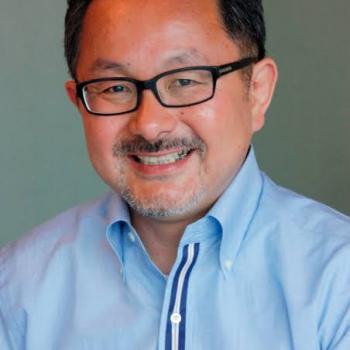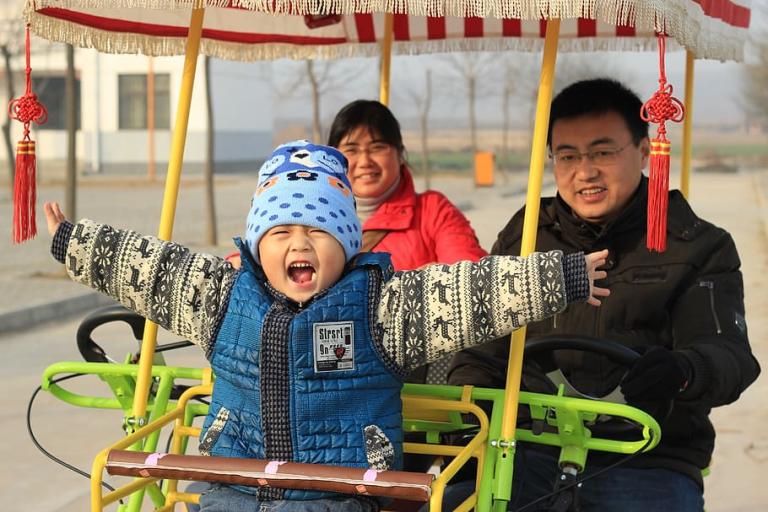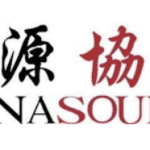David Brook’s latest NY Times editorial, called The Learning Virtues, explores how Asians and Westerners view education differently.
Here is an excerpt—
The simplest way to summarize her [the researcher’s] findings is that Westerners tend to define learning cognitively while Asians tend to define it morally. Westerners tend to see learning as something people do in order to understand and master the external world. Asians tend to see learning as an arduous process they undertake in order to cultivate virtues inside the self….
In the Western understanding, students come to school with levels of innate intelligence and curiosity. Teachers try to further arouse that curiosity in specific subjects. There’s a lot of active learning — going on field trips, building things. There’s great emphasis on questioning authority, critical inquiry and sharing ideas in classroom discussion.
In the Chinese understanding, there’s less emphasis on innate curiosity or even on specific subject matter. Instead, the learning process itself is the crucial thing. The idea is to perfect the learning virtues in order to become, ultimately, a sage, which is equally a moral and intellectual state. These virtues include: sincerity (an authentic commitment to the task) as well as diligence, perseverance, concentration and respect for teachers.
In Chinese culture, the heroic scholar may possess less innate intelligence but triumphs over hardship. Li cites the story of the scholar who tied his hair to a ceiling beam so he could study through the night. Every time his head dropped from fatigue, the yank of his hair kept him awake.
Check out the entire article here.
What do you think?
How do you think these differences would affect the way we read the Bible and view theologians and pastors?
How might they influence theological education?












